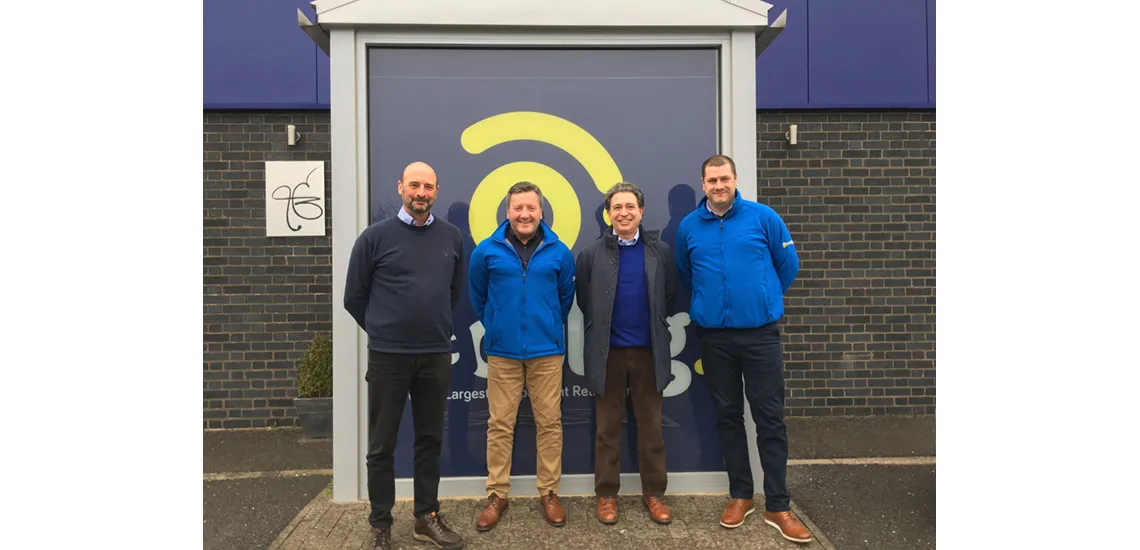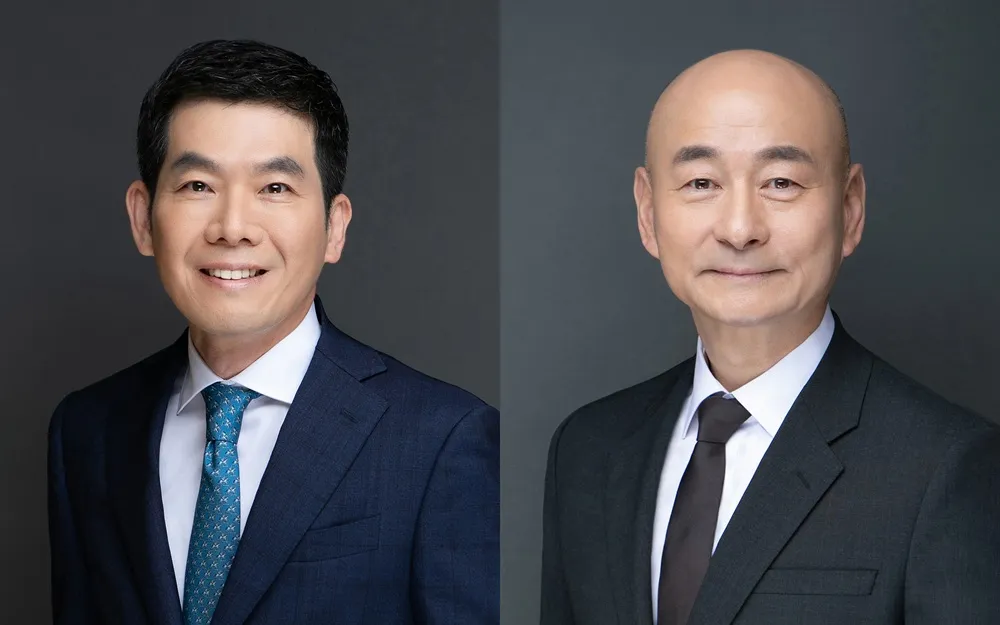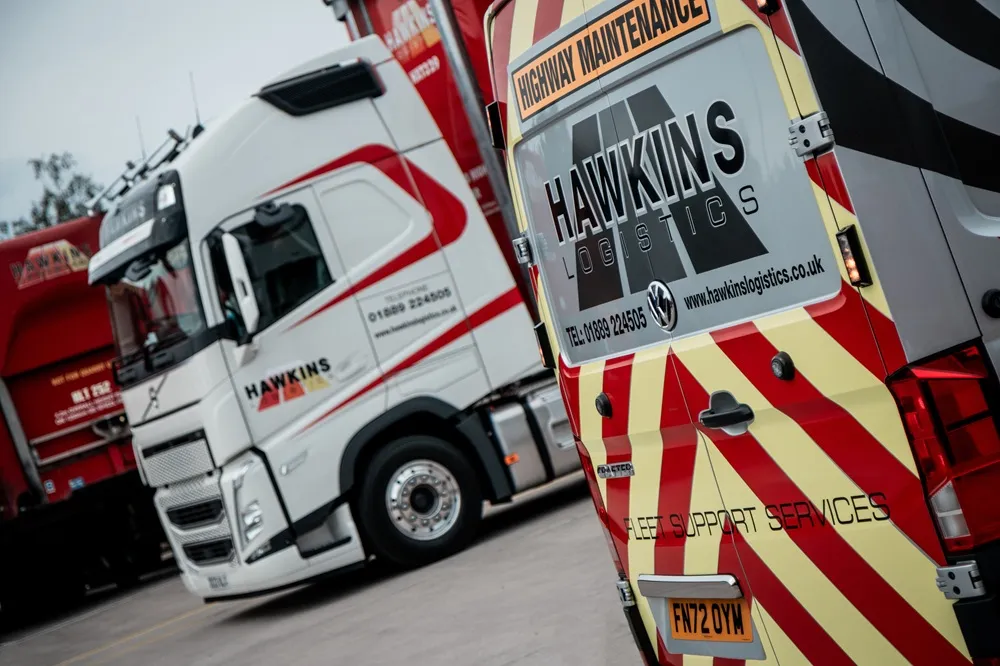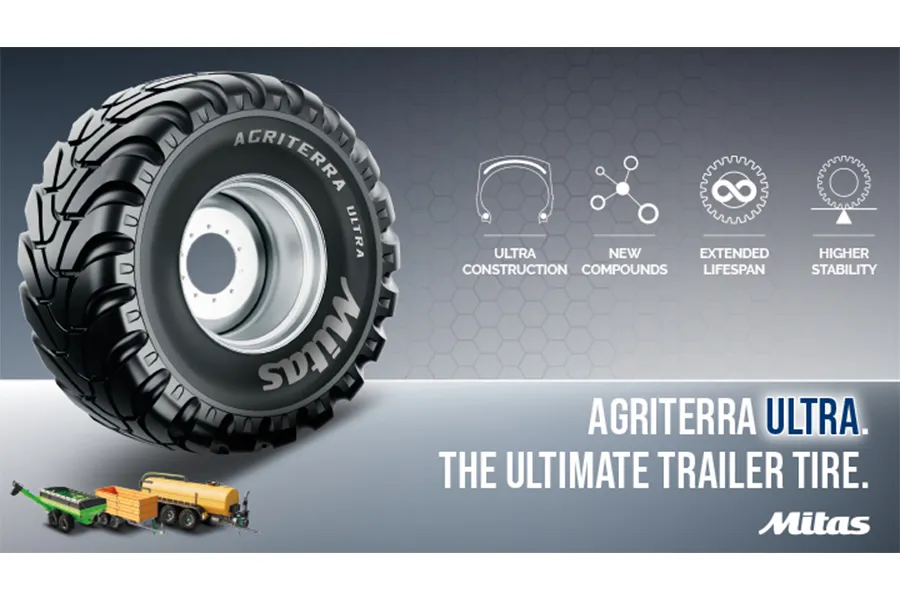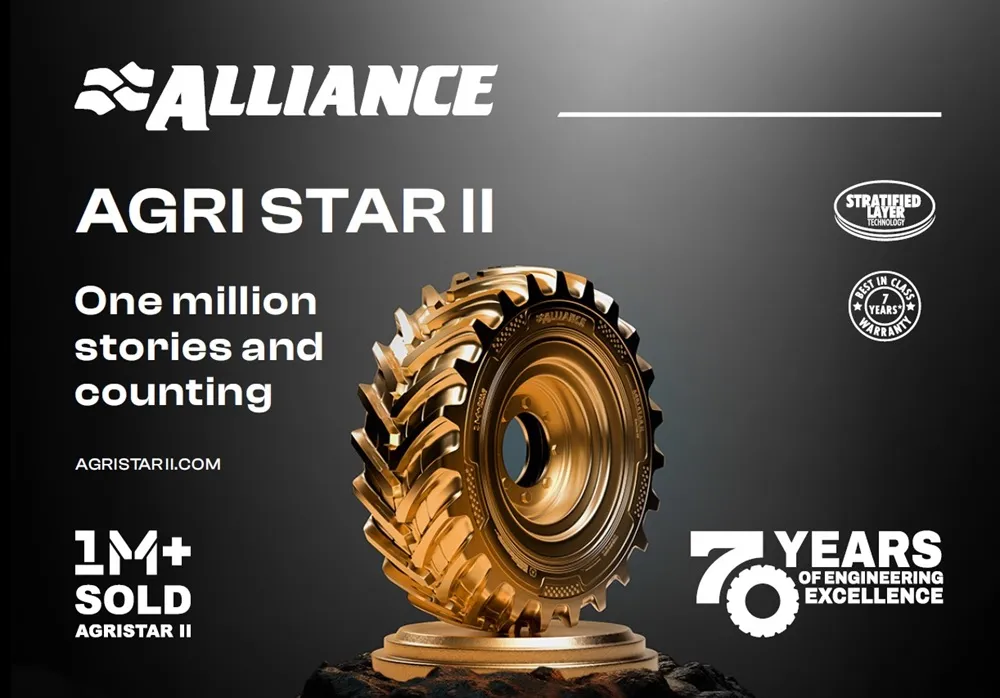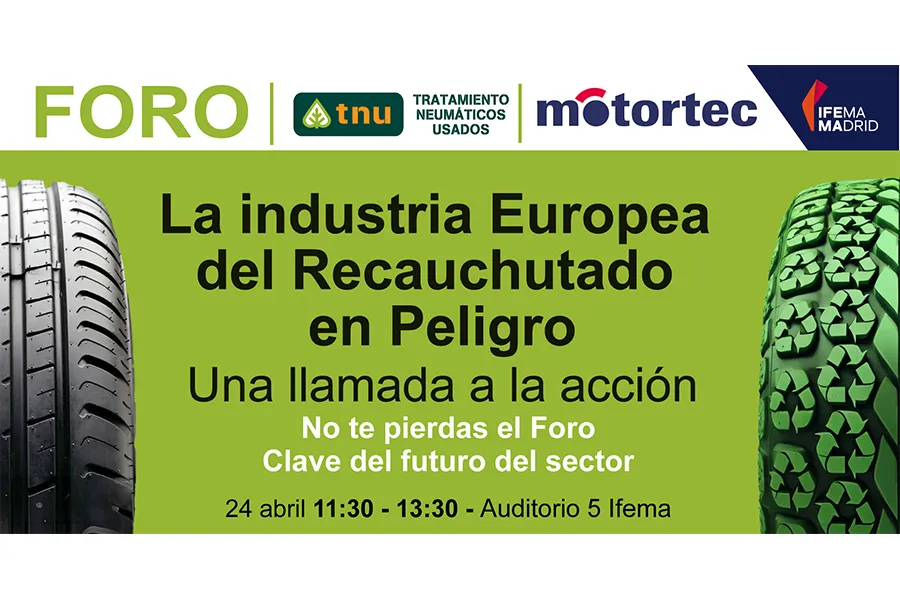Grantham based Vaculug Tyres is the UK’s biggest independent tyre retreading company. Acquired by the Zenises Group in 2018, the company has undergone a transformation in recent years. We recently took the opportunity to talk to Managing Director Jorge Crespo about the challenges currently being faced by the retreading sector and how the company has coped with the difficulties caused by the Covid-19 crisis.
How Vaculug are Navigating Market Disruptors: Brexit, COVID and the HGV Driver Shortage
When the Covid pandemic first hit in March 2020, Crespo says the company noticed a sudden decline in business, but by July 2020 the company had seen sales return to a more stable level. The company puts this down to cautiousness on the part of customers, who were sticking with existing suppliers. Despite this, however, factory shutdowns resulted in reduced availability which impacted prices across the country. The result of this was that enquiry levels started to increase again in October 2020.
“There has been a huge impact on the price of raw materials and shipping/container prices which has caused a lack of supply in the industry,” explained Crespo. “The national shortage of HGV drivers has impacted most industries in the UK including the tyre industry. The retread sector, however, is booming due to the lack of cheap tyres (due to the cost of freight). We’re finding that customers are buying what they can, due to the lack of supply in the market.”
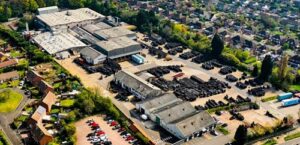
The Covid pandemic has not been the only major influence on the market, though. Brexit has also had a big impact. According to Crespo, Vaculug has seen an increase in the admin required when dealing with overseas customers, and this has particularly affected the company’s ability to work in the Republic of Ireland.
Meanwhile, many Eastern Europeans who held jobs in the logistics industry as HGV drivers have returned home which has caused a skills shortage. The same is true of the number of Tyre Fitters in the industry; many have returned home or turned to driving due to the incentives being offered. In addition, increased freight costs have impacted casing collection on certain sizes.
Technology Assisting Vaculug in Development of Premium Retreads
Having dealt with the difficulties caused by Covid and Brexit, we turned to the subject of the role played by technology in the retreading industry and how Vaculug was using it to the company’s benefit.
“There is pressure to become a more circular economy after the government’s announcement of becoming net zero by 2050,” said Crespo. “Technological advancements have been made to ensure many industries including tyre manufacturing are becoming more sustainable.
“Being a retread company, saving the environment and creating more sustainable products has always been a focus for us,” he continued. “Technology has allowed us to create high quality retread tyres with advanced compounds that offer better wet grip and rolling resistance, as seen in our most recent innovation, KT01 the World’s first A-Rated retread tyre.
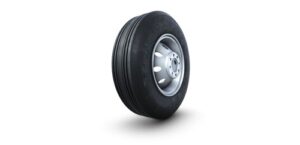
Vaculug’s, World’s first, an “A” rated retread tyre in the shape of the KT01
“Another development has been our PROTEKT sidewall protection system featuring a 5-rib band which offers the best defence against kerbing damage (increasing the overall life-span of the tyre).”
In terms of productivity, Crespo points to the fact that advancements in technology have allowed the company to constantly improve its bespoke vehicle management system (VMS), which provides the customer with up-to-date information on customers’ fleets, offering tread depth information, work carried out and more. TPMS is another new service the company can offer and is designed to continuously monitor tyre pressure and provide real-time reports on the condition of every tyre. This technology is designed to notify the driver the moment tyres start to become under-inflated and enables the team to be more efficient as information is automatically relayed to the customer without them having to check the tyre.
“During the pandemic we also saw the introduction of internet-based meetings through platforms such as Microsoft Teams and Zoom. This has made us as a business more time efficient by reducing unnecessary travel to and has increased communication and collaboration between departments,” he added.
In terms of client acquisition, Vaculug’s historical approach to customer retention has been to aggressively target customers, but things have changed somewhat since the change of ownership, says Crespo. The new Vaculug has since changed its strategy and is more selective when it comes to new business, preferring to focus on market share and strengthening long-term partnerships rather than short term gains.
“In the current market where customer demand outweighs supply, it is important to us to ensure we don’t let down our current and future customers,” said Crespo.
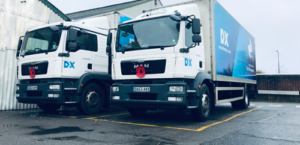
Crespo: “We believe the image of retreads has changed in a positive way and is making even more headway”
Finally, we asked Crespo how he perceived the image of retreading having changed amongst end users in recent years.
“There used to be a negative perception surrounding retread tyres due to the amount of tyre debris on the road,” he said. “People believe that retread tyres aren’t as safe as new tyres. However, studies have since shown that the actual cause of the tyre debris is a result of poor tyre management – under inflation, overloading and incorrect tyre repairs – not the manufacturing of the tyre itself.
“We believe the image of retreads has changed in a positive way and is making even more headway since the government’s announcement to adopt a circular economy and become net zero by 2050. The manufacturing of retread tyres has always had a lower impact on the environment than manufacturing new as it saves on raw materials (30kg rubber, 60kg oil) and saves over 60kg of CO2 per tyre.”
This is good news for the retreading industry. Indeed Crespo believes that with the import of Chinese tyres being affected by anti-dumping duties and freight becoming ever-more expensive, there is an opportunity for retreaders to gain more ground in the future, especially with the economic focus switching towards becoming green.
“Independent retreaders are agile and have the ability to adapt in the market and have done this for many years. A retread is a cost-effective alternative that offers a similar solution to a new tyre but has the added benefit of its green credentials,” concluded Crespo. “There is a pressure for consumers to opt for more sustainable ‘green’ products, and retreading ticks this box.”

